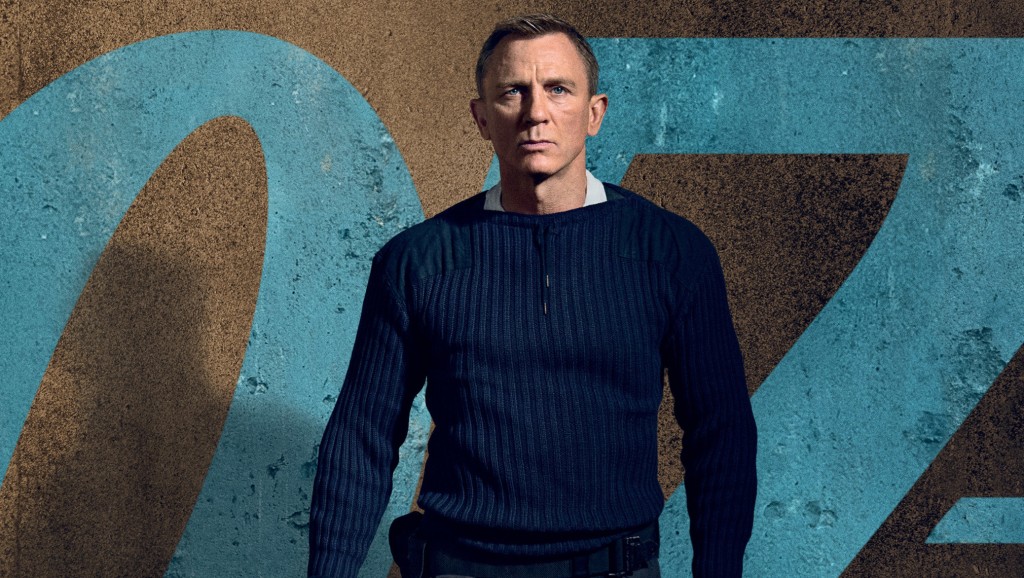Whitney Houston had a God-given talent. That is not a statement taken lightly. It’s an unadulterated truth, and her legacy as one of the greatest female artists of this generation will last forever. She formed one-third of my musical upbringing, joining Prince and Michael Jackson as a musical holy trinity, filling my ears of a heartfelt soul, excitement and an unprecedented passion. Whitney’s voice was just effortless, setting a stratospheric standard for music today. To deny that emotion and her global impact would be criminal.
In the space of a year, we’ve had two documentaries about the legendary singer. Nick Broomfield’s Whitney: Can I Be Me was effective, illustrating a turbulent picture that hit all the right notes but was limited in its range and access. Kevin Macdonald’s official effort is a coveted myriad and exposure on the artist with a wide breadth of opinions. But if anything, both documentaries had their heart in the right place. Both aimed to get under the skin of a complicated individual struggling with a severe identity crisis, fuelled by the pressures of stardom through gossip, race and sex as well as falling victim to the publicised drug taking. If this was a competition, Kevin Macdonald’s Whitney leaps over the athletic hurdles and crosses the line with a powerful and emotional finish.
We’ve grown accustomed to documentaries and their insightful impact, and Whitney is no different. Macdonald’s intimate portrait is a clever juxtapose of Whitney’s talent from the star in the music videos and films such as The Bodyguard to the troubling escalation of her personal life. It boldly travels in uncharted territory with behind the scenes footage, cutting through the “channel hopping” distortion that purposely breaks away from an evolved, sun-kissed reality of the 80s to present a raw and unfiltered account. There are moments of humorous levity with Whitney throwing fiery shade at Paula Abdul for singing “off key”. Her renowned upbringing during a fractious time in America is brought to the forefront, belonging to a family of high-profile singers that includes the talent of Dionne Warwick and her sister Dee Dee. Personal sacrifices, emotional vulnerabilities and social insecurities make a noteworthy inclusion. But Macdonald never shies away from the darkness, revealing some startling and heartbreaking revelations to the public for the first time.
Macdonald approaches this documentary with a careful regard, not blaming individuals or pushing his interview guests into a corner, such as Bobby Brown’s utmost refusal to talk about Whitney’s drug taking. Macdonald lets the audience be its judge, recreating a comprehensive and environmental picture, highlighting the festering breeding ground for projected problems (money, jealously, family secrets and feuds) and its desperate lack of accountability.
Robyn Crawford, Whitney’s long-time friend, is a notable absentee from the documentary. The words ‘bad influence’ and a ‘nobody’ stemming from Whitney’s brother, is a rooted refusal to accept the possibility of Whitney’s bisexuality and her relationship with Robyn. But for someone referred to as a ‘safety net’, Robyn’s absence means Whitney’s true story appears somewhat incomplete. Considering she was involved in so many aspects of her life, she is possibly the one true soul who fully understood her and provide the necessary context for Whitney’s erratic behaviour and emotional depth.
While a lot of the stories are not new for anyone well versed in Whitney’s history, but the news about sexual abuse to Whitney and her brothers by a well-known and notable family member is profoundly shocking. There is almost a missed opportunity with the documentary to dig deeper into the allegations, charting all the potential enigmas that will unquestionably arise in the mindset. But from the interviews alone, Macdonald handles the difficult task with a delicate sensitivity in one of the standout moments of the documentary.
The only concern with Macdonald’s film (and the same can be said about Broomfield’s take) is that reliance on Whitney’s controversial problems. It’s difficult because the good and the bad are a conjoined and inseparable entity. But as alluded to, Whitney’s talent was insurmountable, a title that not even the likes of Mariah Carey or Beyoncé can touch. Cissy Houston’s influence can be seen throughout, guiding her daughter to success when her own career stalled. She engages with a passionate vigour on Whitney’s singing technique – it came from the heart, mind and gut. Yet the documentary momentarily forgets to reinforce that. Whitney’s phenomenal music catalogue is an evolved style that spanned decades. Each song is a unique and reflective insight into her world and experiences. There’s a saying, there’s a ‘method to the madness,’ and yet it was mostly absent in examining the creativity behind the music. In comparison, Asif Kapadia’s Amy explored the soulful creativity behind Amy Winehouse’s lyrics or Spike Lee’s Bad 25 documented its importance as Michael Jackson’s most successful album. Macdonald takes us down a rabbit hole of unbalanced darkness, and when ready, we occasionally find a light at the end of that tunnel where we’re reminded of her incredible voice. Whitney singing the American national anthem is a tremendous highlight which the documentary proudly professes. Listening to the isolated vocals of ‘I Wanna Dance With Somebody‘ brings a distinct chill as if she was singing directly to you. But ultimately, Whitney dispatches a profound sadness that she is no longer with us.
What Whitney reveals is the growing concern about the responsibilities of the music industry and its protection of their artists. It’s demonstrated in L.A. Reid’s oblivious denial about Whitney’s problems. It’s the discovery of Whitney’s father issuing his daughter a $100 million dollar lawsuit. It’s the admission of Whitney’s brothers and their excessive cocktail of partying and drugs. What Whitney and Amy painfully demonstrate is that fundamental lack of mental health awareness. It becomes an ever-present debate especially when an artist’s life becomes sensationalised for parody and gossip in popular culture. It may have been funny at the time, but now presented with the full context loses its power. There’s too much emphasis on the artist being a money-making commodity, and their well-being is overlooked, placed in vulnerable positions when they’re not emotionally and physically able to perform. Whitney’s personal demons (some pre-dating her marriage to Bobby Brown) had a self-inflicted quality and if the abuse allegations are accurate, becomes a significant catalyst for her troubles. However, the same, troubling warning signs are a reoccurring nightmare, adding to the tragedy of artists gone too soon.
Take nothing away from Kevin Macdonald’s artistry, achieving the same level of clarity and sure-footing with Marley. Only a documentary can capture all the eccentric details of a life that a dramatic biopic could never satisfy. With Whitney, Macdonald develops a thorough canvas to represent Whitney’s complex personality. It’s not easy, awash with nostalgic memories of an artist that lived the very definition of ‘having it all’, only to end with a devastating consequence. Despite its best efforts, only Whitney Houston herself can verify the truth. But Whitney tries its phenomenal best to understand the mythology with revelations that truthfully humanise her, even in her darkest moments.
When you’re reminded of Whitney’s brilliance, her transcending qualities to a mass audience is remembered fondly, making Whitney an essential watch.






Don’t Be Shy – Leave a Reply